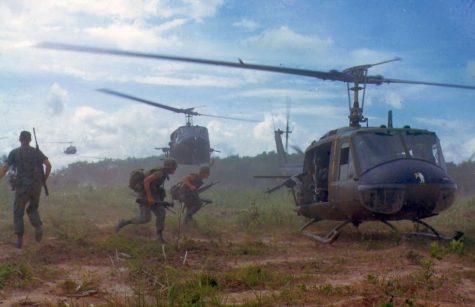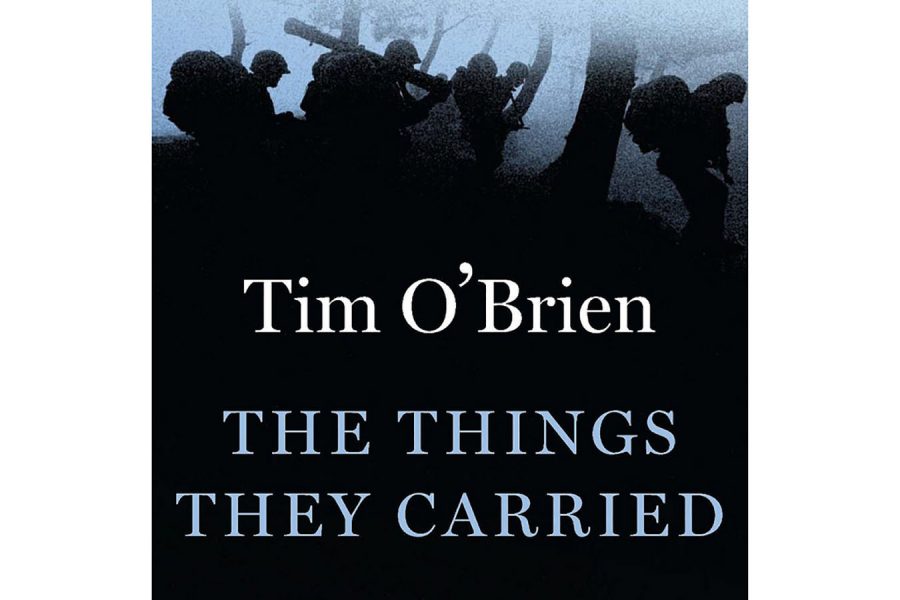“The Things They Carried” Review
January 25, 2018
Last year in AP English Language, Juniors read The Things They Carried by Tim O’Brien. I have to say that at first I was skeptical, as the majority of books that we read for school are far from riveting. However, after reading the first chapter “The Things they Carried”, which moves from describing the physical materials the soldiers “humped” (a word used by soldiers in Vietnam to describe carrying an object) to the emotional baggage which weighs upon them, I was interested.
To some extent, every American has at least an idea of what the Vietnam War was like. We have learned about it in school, movies, and perhaps even books. When someone mentions the Vietnam War, most Americans might think that it was the epitome of the adage “war is hell”. But O’Brien does not agree.
“War is hell, but that’s not the half of it, because war is also mystery and terror and adventure and courage and discovery and holiness and pity and despair and longing and love. War is nasty; war is fun. War is thrilling; war is drudgery. War makes you a man; war makes you dead” (O’Brien, 85-86).

O’Brien’s take on war itself is not based upon the ideas of valor or patriotism that often make up war stories. Instead, he tells everything exactly how it is, no matter how uncanny, gruesome, or depressing it may be. For example, O’Brien describes that when he was drafted, his first instinct was to run away to Canada, which he did. But instead of describing some courageous revelation that made him return to the states, O’Brien simply explains that it was a fear of shame that made him go to war.
“What it came down to, stupidly, was a sense of shame. Hot, stupid shame. I did not want people to think badly of me”(O’Brien, 49).
This same candor that O’Brien exhibits in this story is demonstrated throughout the rest of the book. This candor, jarring as it may be, is what separates The Things they Carried from a typical war story, as it enables the reader to connect with O’Brien in a way that wouldn’t otherwise be possible.
Personally, I came to see O’Brien not as the stereotypical war hardened veteran that we so often see in media, but instead simply as a man who went to war and came back with some incredible stories.
The Things They Carried is not to be read like a typical war story. When we read most war stories, we feel a sense of detachment. The experiences outlined by the veteran who wrote it are so wildly different from our day to day lives, that we feel we cannot do anything except present a degree of shock and sorrow for those who fought in the war, and be thankful that war is not our reality.
However, in The Things They Carried, O’Brien uses war as a tool to craft a story that resonates with the reader on a personal level.
It is a book surrounded by war, it is a book crafted by war, but it is not a book about war, and that is why it is so special.
“And in a way, for me, although on the surface, of course, it is a book about war … I’ve never thought of it, really, that way in my heart. Even when I was writing it, it seemed to be a book about storytelling and the burdens we all accumulate through our lives,” O’Brien explained in an interview referenced by The Washington Times.
















